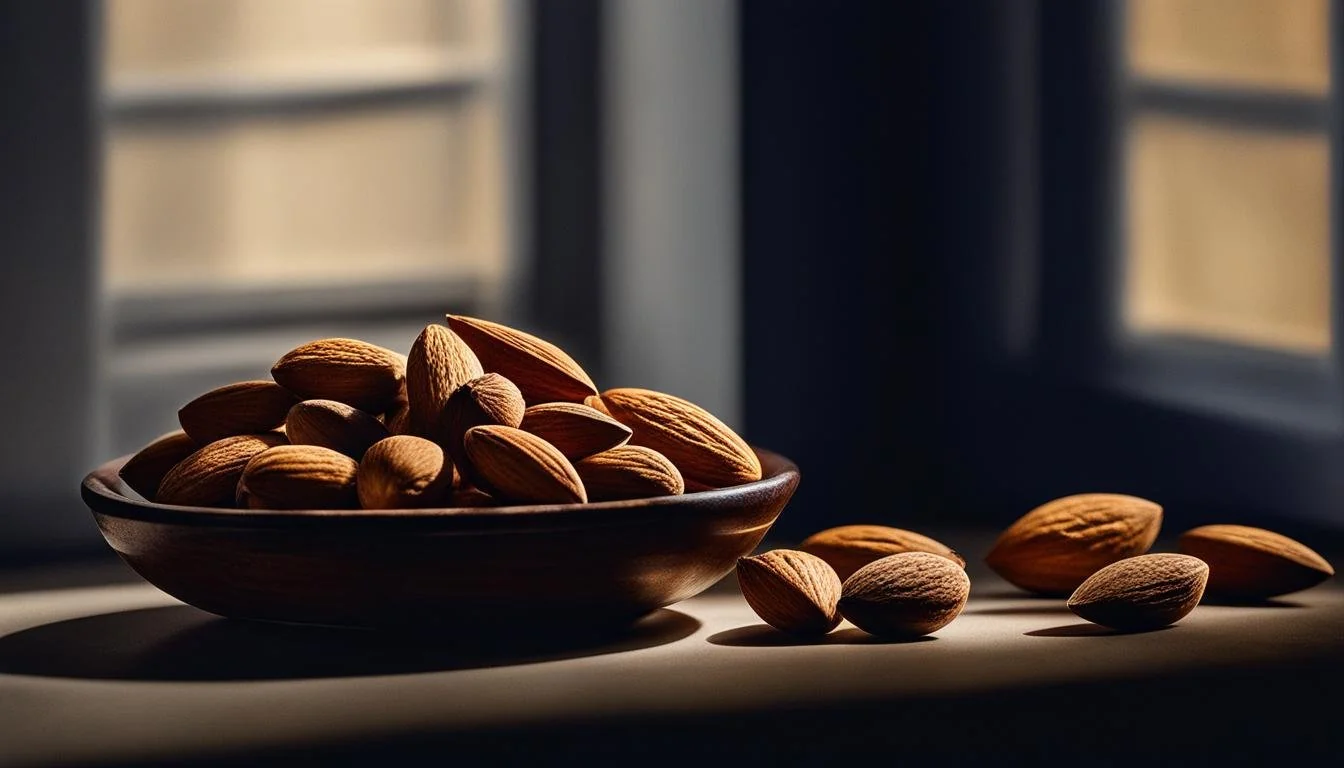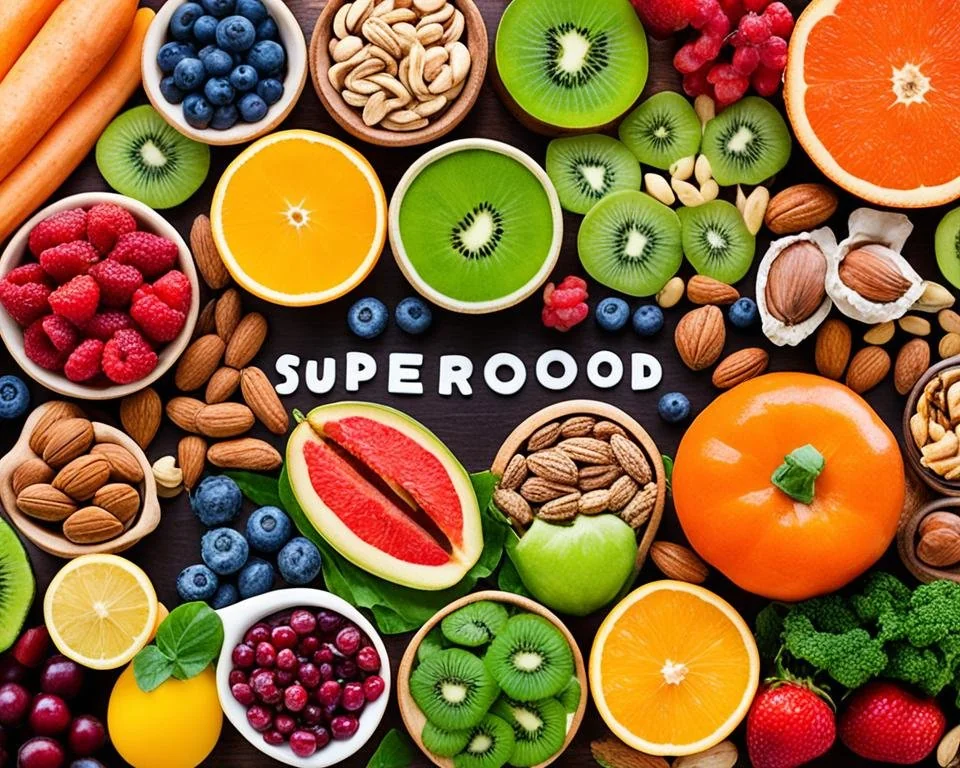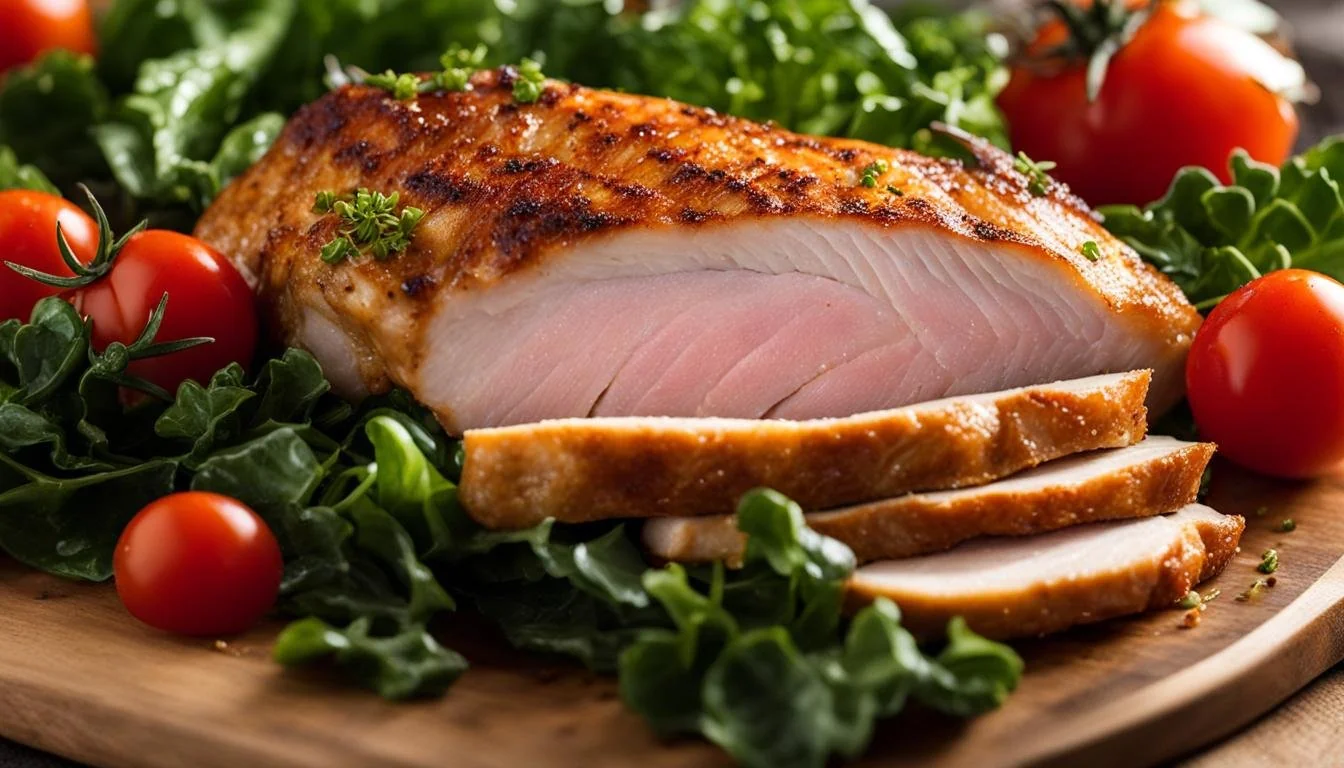Foods That Naturally Support Deeper Sleep
Looking to drift off faster and enjoy more restorative rest? Discover how the best foods for deep sleep can upgrade your evening routine and help you wake up feeling energized.
Key Takeaways
- The best foods for deep sleep support melatonin, serotonin, magnesium, and calcium levels.
- Incorporate light, nutrient-dense, sleep-promoting snacks before bed.
- Avoid caffeine, alcohol, spicy and processed foods in the evening.
- Consistency—eating routines and timing—helps enhance sleep quality over time.
How Sleep-Promoting Foods Improve Your Rest
Sleep-supportive foods naturally aid melatonin and serotonin production. They also stabilize blood sugar, relax muscles, and provide steady nighttime energy. Here’s how they work:
- Increase melatonin and serotonin to signal sleepiness.
- Stabilize blood sugar to prevent nighttime awakenings.
- Provide muscle-relaxing magnesium and calcium.
- Offer sustained energy from healthy fats, protein, and complex carbs.
If you’re curious about how stress, hormones, and diet impact sleep cycles, check out our deep dive into bedtime routine pros and cons. For daytime energy linked to rest, see our guide on inclined bed therapy benefits. For scientific validation, visit the Sleep Foundation’s guide to foods for sleep.

10 Best Foods for Deep Sleep to Add to Your Bedtime Routine
These natural sleep-friendly foods are backed by science to support melatonin, serotonin, and nutrient balance for better rest:
1. Bananas 🍌
Rich in magnesium, potassium, and tryptophan—converting into calming melatonin. Try a banana with almond butter as a pre-bed snack.
2. Almonds & Walnuts 🥜
These nuts supply magnesium and natural melatonin. Plus, walnuts offer a dose of healthy omega-3 fats.
3. Oatmeal 🌾
A warm bowl of oatmeal is comforting and packed with complex carbs which boost serotonin and melatonin production.
4. Tart Cherries 🍒
One of the richest natural sources of melatonin. Try tart cherry juice or fresh cherries to help extend your sleep cycle.
Learn how to stop waking at 3 AM in our post on wedge pillows vs body pillows.

5. Turkey or Chicken 🍗
Loaded with tried-and-true tryptophan, these lean proteins support sleep-inducing hormone production.
6. Greek Yogurt 🥢
High in calcium and probiotics, Greek yogurt supports melatonin synthesis and aids digestion for better rest.
7. Kiwi 🥝
Studies show that eating kiwi before bed can help you fall asleep faster and improve sleep duration. Plus, it’s rich in antioxidants art of bedding rituals.
8. Fatty Fish (Salmon, Tuna) 🐟
Fatty fish offer omega-3s and vitamin D that help boost serotonin, supporting your body’s sleep-wake signals. Learn more from the Sleep Foundation’s insights on omega-3s.
9. Herbal Teas (Chamomile, Valerian Root) 🍵
A warm mug of herbal tea acts like a gentle sedative, calming your mind in the hour before bed. Research supports herbal teas for sleep quality.
10. Dark Chocolate (In Moderation) 🍫
A small square of high-cacao dark chocolate can elevate serotonin—just keep it light and early enough.

Foods to Avoid Before Bed
Just as some foods support deep sleep, others disrupt it. Here’s what to avoid:
- Caffeine: Coffee, tea, soda, energy drinks, and lots of dark chocolate—it suppresses melatonin.
- Alcohol: Initially sedative but disrupts REM and restorative deep sleep phases.
- Spicy or Greasy Foods: Can lead to indigestion, heartburn, and nightly awakenings.
- Sugary & Processed Foods: Cause blood sugar spikes that disturb sleep.
Learn more about bed canopy vs four-poster beds and how they may affect rest rituals.

Bedtime Snack Ideas Featuring Natural Sleep Foods
- Banana with almond butter
- Tart cherry juice with a few walnuts
- Whole-grain crackers topped with Greek yogurt
- Warm milk with cinnamon
- Chamomile tea with honey drizzle
Need more natural solutions? Check out our eco-friendly bed frames.
Incorporating Sleep-Friendly Foods into Your Daily Routine
Adding these foods isn’t just about bedtime—it’s about daily habits that set you up for deeper rest:
- Eat dinner 2–3 hours before bed to support digestion and sleep readiness.
- Reduce processed and salty foods daily to aid deep sleep.
- Include magnesium-rich foods like spinach, avocado, almonds throughout the day.
- Stay hydrated—but taper off fluids closer to bedtime.
- Add an evening walk to help digestion and signal wind-down time.
Want to explore sleep-friendly bedroom setups? Read about inclined bed therapy benefits.
Cozy Wrap-Up: Your Sleep Starts with the Best Foods for Deep Sleep
By focusing on the best foods for deep sleep—like bananas, tart cherries, nuts, and kiwi—you can enhance melatonin, serotonin, magnesium, and calcium intake naturally. Skip caffeine, avoid heavy meals late, and add a light, protein-rich snack if you feel hungry. Small plate tweaks tonight can lead to a noticeably better morning tomorrow with Cozy Bed Quarters.
FAQ
- What’s the best time to eat sleep-promoting snacks?
- About 30–60 minutes before bed gives your body time to digest and absorb key nutrients.
- Can I combine these foods—like yogurt with cherries?
- Yes! Combining yogurt (calcium/probiotics) with cherries (melatonin) is a smart blend for restful sleep.
- How often should I eat these foods?
- Daily intake is best—keep magnesium and melatonin-supporting foods in your evening routine most nights.
- Will food alone fix insomnia?
- These foods help support better sleep, but bedtime habits, stress, and environment also matter. Use them as part of a holistic routine.























